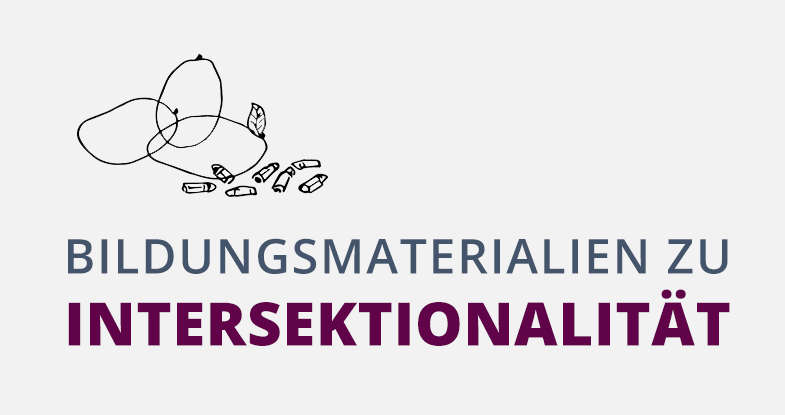This publication presents six methods from political education work. This didactic part is accompanied by contributions such as “Intersectionality as an attitude of political educators”, “Failure as a learning opportunity against complexity reduction” or “Resistance is also a learning process! They introduce the thematic complex of ” intersectionality“, i.e. the “interweaving of different inequality-generating structural categories“, from a theoretical perspective and also trace its genesis in rudimentary ways.
The methods presented(Bingo; All equal, all different; Power Flower; Discrimination Square; As in real life; Agreement against discrimination) then take up the topics formulated in the contributions such as (multiple) discrimination, emancipation, equal opportunities, distribution of resources, structural power and inequality relations in a vivid and mediating way.
In addition to literature references, the appendix of the educational booklet also lists a number of initiatives that work and research on the topic of “intersectionality”. A glossary also provides brief definitions of key terms such as “ethnic German immigrants,” “culturalization,” and “heteronormativity.
The publication is published by the Rosa Luxemburg Foundation, which, as the accompanying text states, sees itself as a “learning organization” in this field. The project then also focuses on the question of how intersectional perspectives can be better anchored “in political education work that sees itself as critical, emancipatory, participatory and left-wing.”
You can find more on the topic of “intersectionality” in our articles on the online platform “Portal Intersectionalität” or the reference book “Intersectionality. On the Analysis of Social Inequalities.”

